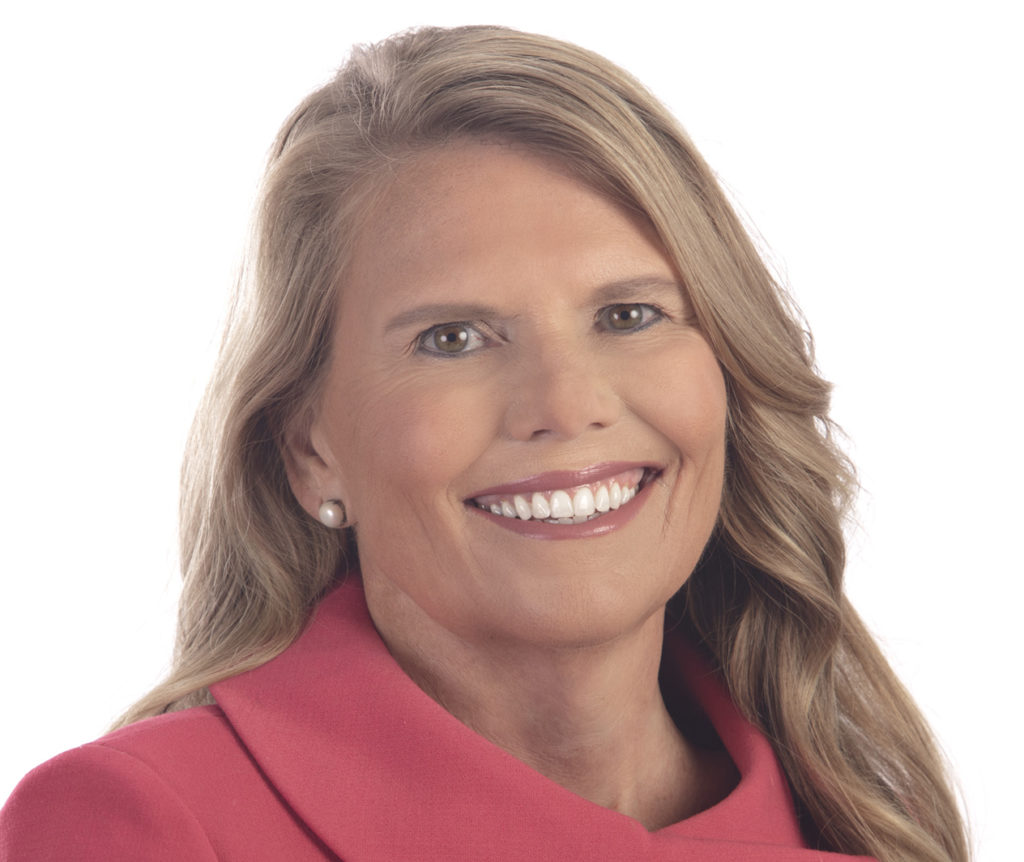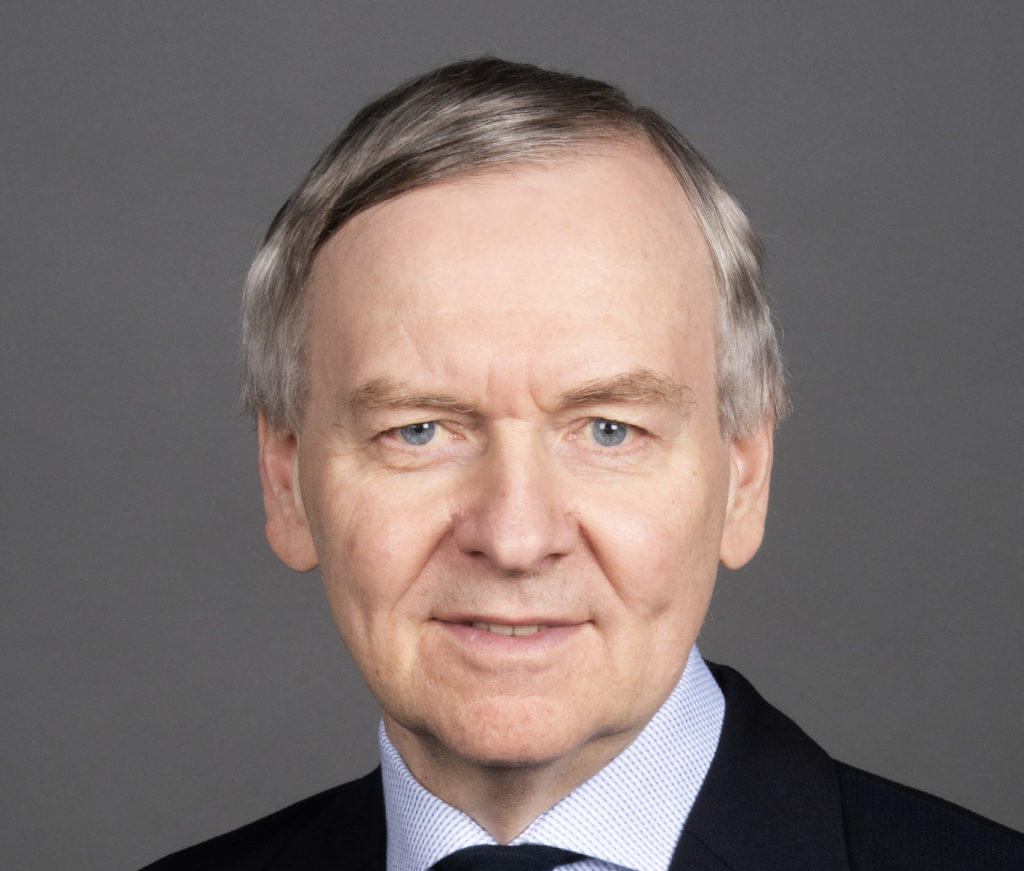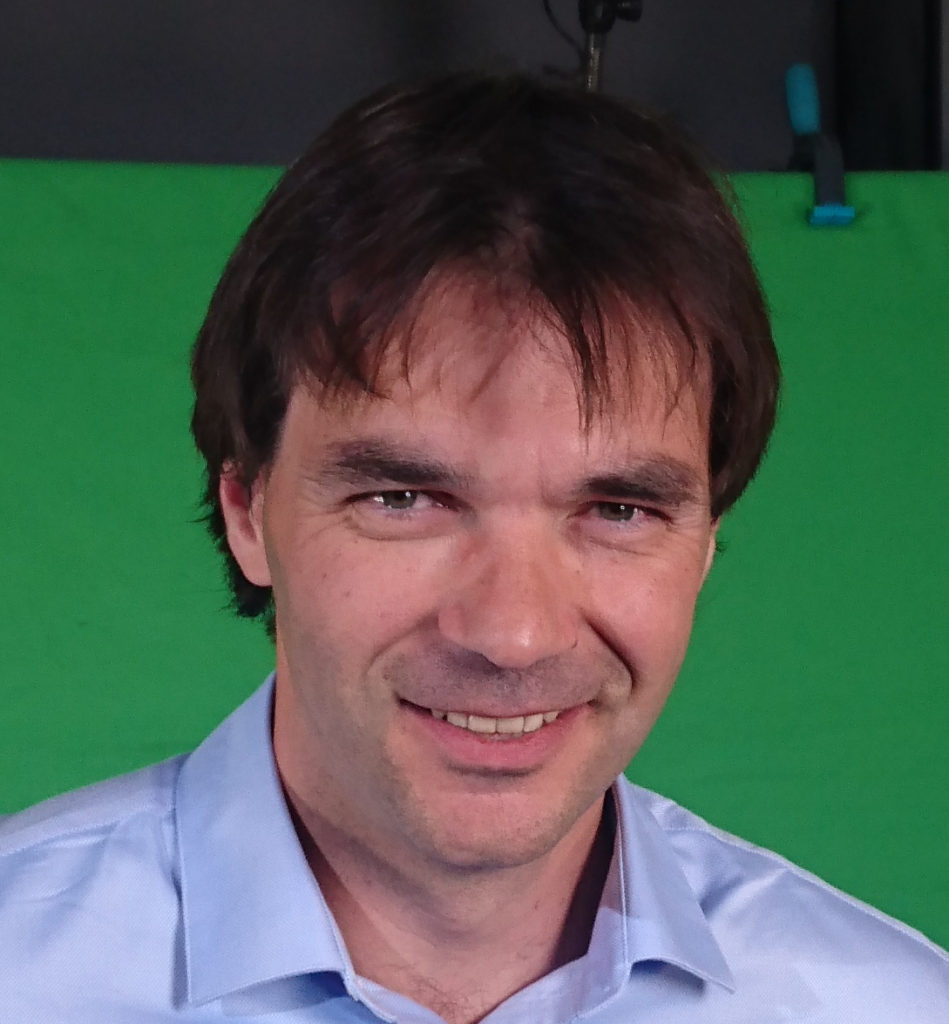touchPANEL DISCUSSION Unravelling endotypes for treatment selection in severe type 2 asthma
Experts discuss how endotyping and biomarkers can help to guide optimal treatment selection in patients severe type 2 asthma

Dr Katharine Woessner
Scripps Clinic Medical Group, San Diego, CA, USA
CHAIR
Panelists:
Introduction
Chair, Dr Katharine Woessner, introduces the expert panel and agenda for this discussion on unravelling endotypes for treatment selection in severe type 2 asthma.
view bio and disclosures 1/4 Next ChapterWhat are the serious consequences of severe type 2 asthma?
The panel considers the burden of disease in patients with severe type 2 asthma and the practical advice that they give to patients to help them cope with their symptoms and the daily challenges they face
view bio and disclosures 2/4 Next ChapterHow do endotyping and biomarkers guide treatment selection in severe type 2 asthma?
The panel discusses the role of biomarkers in guiding treatment selection for patients with severe T2 asthma and appropriate treatments for each biomarker profile or endotype. This discussion includes a patient case study
view bio and disclosures 3/4 Next ChapterHow do recent data and clinical guidelines inform the long-term management of patients with severe type 2 asthma?
The panel considers recent data with biologics in patients with severe asthma; how the use of biologics impacts the long-term management of patients with severe type 2 asthma, both now and in the future; and key updates in the GINA 2021 guidelines that will inform best-practice for the long-term management of such patients
view bio and disclosures 4/4 Take CE/CME TestOverview & Learning Objectives
Overview
In this activity, the expert panel will discuss three clinical themes covering the serious consequences of severe type 2 asthma, how endotyping and biomarkers can help guide treatment selection in such patients, and how recent data and clinical guidelines can inform the long-term management of patients with severe type 2 asthma
This activity is jointly provided by USF Health and touchIME. read more
Target Audience
This activity has been designed to meet the educational needs of allergists and immunologists, pulmonologists, as well as primary care physicians involved in treating patients with severe type 2 asthma.
Disclosures
USF Health adheres to the Standards for Integrity and Independence in Accredited Continuing Education.
All individuals in a position to influence content have disclosed to USF Health any financial relationship with an ineligible organization. USF Health has reviewed and mitigated all relevant financial relationships related to the content of the activity. The relevant relationships are listed below. All individuals not listed have no relevant financial relationships.
Faculty
Dr Katharine Woessner discloses: Advisory Board or Panel fees from AstraZeneca and GlaxoSmithKline. Consultancy fees from AstraZeneca, GlaxoSmithKline and Regeneron. Speaker’s Bureau fees from AstraZeneca and GlaxoSmithKline.
Prof. Louis-Philippe Boulet discloses: Advisory Board or Panel fees from AstraZeneca, GlaxoSmithKline, Merck, Novartis and Sanofi-Regeneron. Consultancy fees from AstraZeneca, GlaxoSmithKline, Novartis and Sanofi-Regeneron. Grants/research support from Amgen, AstraZeneca, Biohaven, GlaxoSmithKline, Merck, Novartis and Sanofi-Regeneron. Speaker’s Bureau fees from AstraZeneca, Cipla, Covis, GlaxoSmithKline, Merck, Novartis and Sanofi. Nonprofit grants for production of educational materials by university Chair from AstraZeneca, Covis, GlaxoSmithKline, Merck and Novartis.
Prof. Arnaud Bourdin has no interests/relationships or affiliations to disclose in relation to this activity.
Content reviewer
Karim H Hanna, MD, has no relevant financial relationships to disclose.
Touch Medical Director
Sola Neunie has no financial interests/relationships or affiliations in relation to this activity.
USF Health Office of Continuing Professional Development and touchIME staff have no financial interests/relationships or affiliations in relation to this activity.
Requirements for Successful Completion
In order to receive credit for this activity, participants must review the content and complete the post-test and evaluation form. Statements of credit are awarded upon successful completion of the post-test and evaluation form.
If you have questions regarding credit please contact cpdsupport@usf.edu
Accreditations
Physicians
This activity has been planned and implemented in accordance with the accreditation requirements and policies of the Accreditation Council for Continuing Medical Education (ACCME) through a joint providership of USF Health and touchIME. USF Health is accredited by the ACCME to provide continuing medical education for physicians.
USF Health designates this enduring material for a maximum of 0.75 AMA PRA Category 1 Credit™. Physicians should claim only the credit commensurate with the extent of their participation in the activity.
The European Union of Medical Specialists (UEMS) – European Accreditation Council for Continuing Medical Education (EACCME) has an agreement of mutual recognition of continuing medical education (CME) credit with the American Medical Association (AMA). European physicians interested in converting AMA PRA Category 1 Credit™ into European CME credit (ECMEC) should contact the UEMS (www.uems.eu)
Advanced Practice Providers
Physician Assistants may claim a maximum of 0.75 Category 1 credit for completing this activity. NCCPA accepts AMA PRA Category 1 Credit™ from organizations accredited by ACCME or a recognized state medical society.
The AANPCP accepts certificates of participation for educational activities approved for AMA PRA Category 1 Credit™ by ACCME-accredited providers. APRNs who participate will receive a certificate of completion commensurate with the extent of their participation.
Date of original release: 16 December 2021. Date credits expire: 16 December 2022.
If you have any questions regarding credit please contact cpdsupport@usf.edu
Learning Objectives
After watching this activity, participants should be better able to:
- Recall key data on the serious consequences of severe type 2 asthma
- Summarize severe asthma endotypes and the corresponding selection of biological therapies
- Evaluate the most recent evidence on key aspects of long-term management of patients with severe type 2 asthma
Faculty & Disclosures

Dr Katharine Woessner
Scripps Clinic Medical Group, San Diego, CA, USA
Dr Katharine Woessner, FAAAAI, is Head of the Division of Allergy, Asthma and Immunology at Scripps Clinic Medical Group in San Diego. read more
Dr Woessner has been an active member of the Pharmacy and Therapeutics Committee since 1998 and of the AAAAI since 1995, presenting at the annual meeting of the latter in most years. She is also past chairwoman of the Ethics Committee and past co-chair of the Leadership Academy. She served on the Aspirin Desensitization Joint Task Force, helping to produce a practice paper on aspirin-exacerbated respiratory disease (AERD). She was the Allergy and Immunology Fellowship Director from 2004–2016, and is a Past President of the San Diego Allergy Society and the Western Society of Allergy and Immunology.
Dr Woessner’s research interests have been focused on AERD and improving clinical outcomes with aspirin desensitization and the use of biologics. She has been involved in multiple publications and invited lectureships. Her other interests include hereditary angioedema, food allergy and mast cell disorders.
Dr Katharine Woessner discloses: Advisory Board or Panel fees from AstraZeneca and GlaxoSmithKline. Consultancy fees from AstraZeneca, GlaxoSmithKline and Regeneron. Speaker’s Bureau fees from AstraZeneca and GlaxoSmithKline.

Prof. Louis-Philippe Boulet
Laval University, Quebec City, Canada
Prof. Louis-Philippe Boulet is a Respirologist at the Institute of Cardiology and Respirology of Quebec. He is also a Professor of Medicine at the Department of Medicine, Laval University, Quebec City, Canada, and holds a Chair in knowledge translation education and prevention in respiratory and cardiorespiratory health at Laval University. read more
He is a past Chair of the Canadian Thoracic Society (CTS), past Chair (and current member) of the CTS Respiratory Guidelines Committee, and a member of many Canadian and International medical societies and guidelines committees, including the American Thoracic Society/European Respiratory Society (ATS/ERS) Committee on Diagnosis of Asthma and Severe Asthma, and the American College of Chest Physicians (ACCP) Cough Guideline Committee. Prof. Boulet is also a past member of the Board of Directors of ATS and ACCP, a founding member of the Quebec Respiratory Health Education Network, and Chair of the Board of Directors of the Global Initiative for Asthma (GINA).
Prof. Boulet leads a research programme focussing mainly on the themes of asthma phenotypes, airway responses, inflammation and remodeling, respiratory allergy, respiratory health of athletes, knowledge translation and health education.
He has been Associate Editor of CHEST, the European Respiratory Journal and the Canadian Respiratory Journal. He is the current Editor-in-Chief of the Canadian Respiratory, Critical Care and Sleep Medicine journal and Associate Editor of Clinical and Experimental Allergy. He has written more than 650 medical publications, 633 abstracts and 43 book chapters, and has edited/authored 17 books. He is frequently invited as a speaker at national and international meetings. Prof. Boulet has received many awards and performed many honorary lectures.
Prof. Louis-Philippe Boulet discloses: Advisory Board or Panel fees from AstraZeneca, GlaxoSmithKline, Merck, Novartis and Sanofi-Regeneron. Consultancy fees from AstraZeneca, GlaxoSmithKline, Novartis and Sanofi-Regeneron. Grants/research support from Amgen, AstraZeneca, Biohaven, GlaxoSmithKline, Merck, Novartis and Sanofi-Regeneron. Speaker’s Bureau fees from AstraZeneca, Cipla, Covis, GlaxoSmithKline, Merck, Novartis and Sanofi. Nonprofit grants for production of educational materials by university Chair from AstraZeneca, Covis, GlaxoSmithKline, Merck and Novartis.

Prof. Arnaud Bourdin
Arnaud de Villeneuve Hospital, Montpellier, France
Prof. Arnaud Bourdin is Head of Pulmonology, Consultant and Professor of Respiratory Medicine at Arnaud de Villeneuve Hospital in Montpellier, France. read more
Professor Bourdin gained both his MD and PhD from the University of Montpellier, and was subsequently a Fellow at Monash University in Melbourne, Australia.
His scientific research experience includes bronchiectasis, cystic fibrosis, severe asthma and sleep apnoea syndrome. He has therapeutic expertise in all of these conditions, plus chronic obstructive pulmonary fibrosis, idiopathic pulmonary fibrosis and pulmonary arterial hypertension.
Prof. Bourdin has co-authored more than 150 peer-reviewed articles, reviews and monographs.
Prof. Arnaud Bourdin has no interests/relationships or affiliations to disclose in relation to this activity.

Register to touchIMMUNOLOGY for FREE
- Peer-reviewed journals and expert opinions
- Interactive CME and e-learning modules
- Video conference highlights
